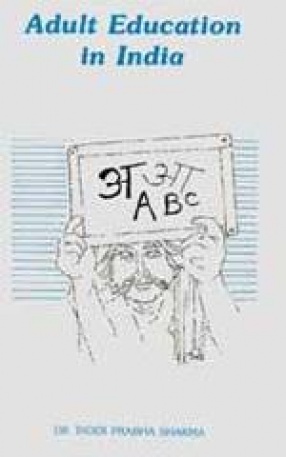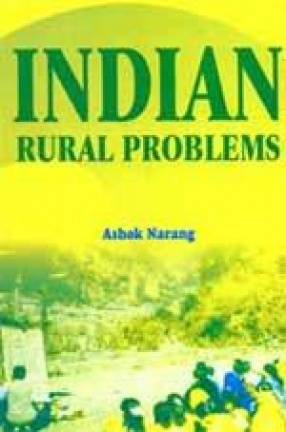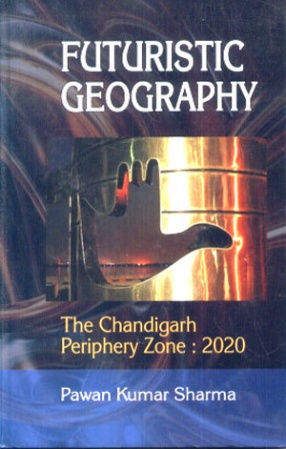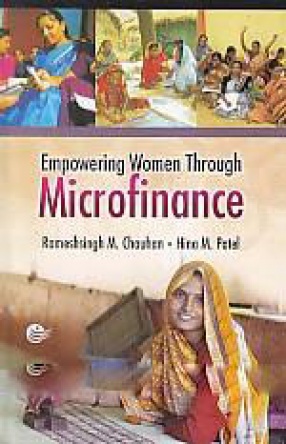Adult Education denotes the entire body of organized educational processes whereby adults develop their abilities, enrich their knowledge, improve their technical or professional qualifications and bring about changes in their attitude and behaviour. The policy statement of the Government of India visualized that different programmes will be organized with literacy s an indispensable component with a view to providing age group 15-35, skills for self-directed learning leading to self-reliant and active role in their owns development and in the development of their environment. The programme was to emphasize literacy, functionality and awareness. The present study critically reviews this policy perspective in the context of contemporaneous needs and environmental challenges. Adult education has been regarded as a mission and a liberating force-a thrust unraveling the potentialities of latent and overt institutional and attitudinal changes. This programme is multidimensional having audacious objectives but its full impact can be felt only if multiplicity of means and relevant alternate strategies suited to local conditions are adapted. Properly, implemented, it can assure greater people’s participation in the development process and help save frittering away the strengths, experiences and creativity of a sizeable population. Moreover, the scientific and technological advancements are taking place rapidly and patterns of living are undergoing revolutionary changes, therefore, every citizen needs to continue his education throughout life with a view to keep himself up to date and well adjusted to the fast changing conditions in all the facets of life. The author has made extensive use of field work and in depth interviews in critically analyzing and evaluating the broad policy framework by concentrating on certain select areas like impact of adult education as a critical input into development processes both in terms of bringing economic and social change. One chapter each has also been devoted to the role of Universities in adult education, population education and environment education. In the Seventh Five Year Plan, there is a greater emphasis on non-formal education therefore, the author has taken pains to suggest an alternate framework and strategy action for the consideration of the policy makers and implementers. This penetrating study is sure to stimulate thinking and initiate meaningful debate likely to be rewarding to those who are committed to bring about innovative changes as the country marches towards the next century.
Adult Education in India
In stock
Free & Quick Delivery Worldwide
reviews
Bibliographic information
Title
Adult Education in India
Author
Edition
1st ed.
Publisher
Length
x+160p., Tables; Annexures; Bibliography; Index; 23cm.
Subjects





There are no reviews yet.